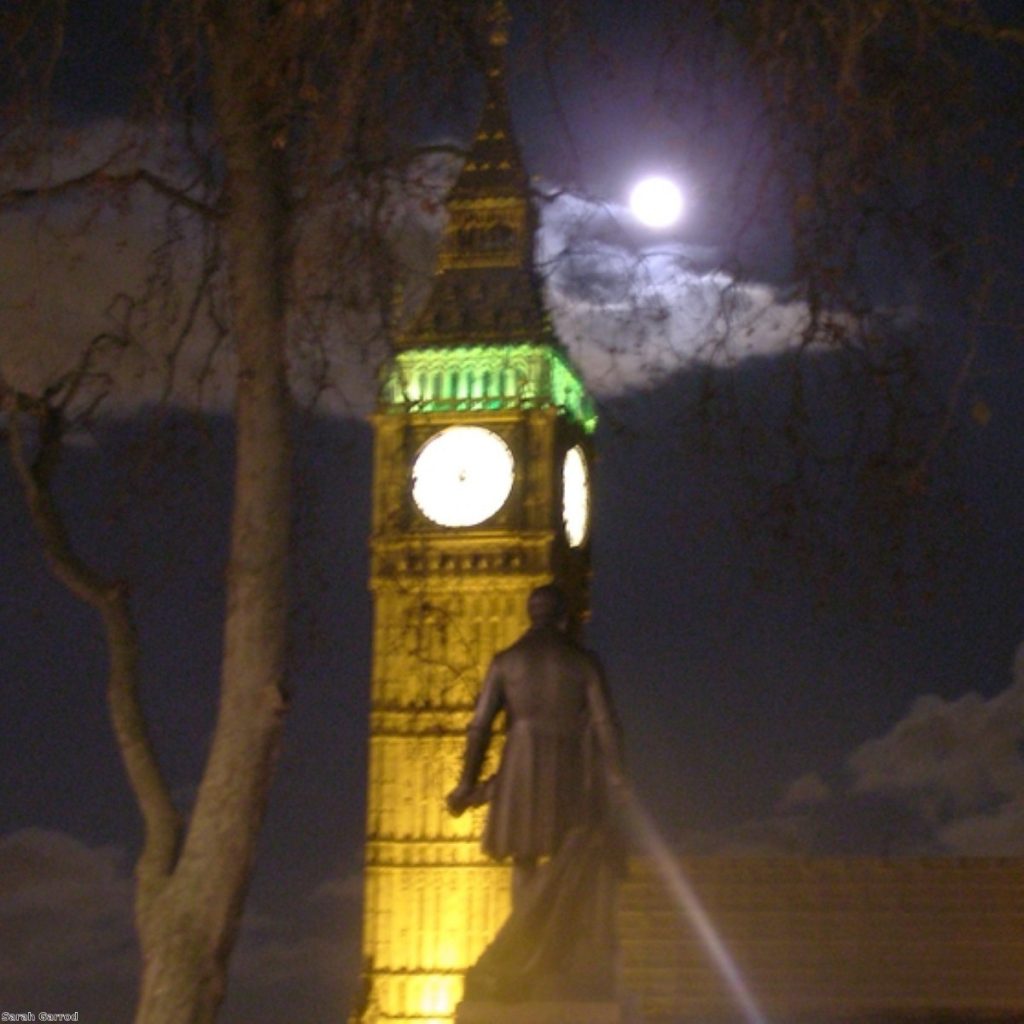Public believe corruption growing under the coalition
A majority of the British public believe corruption has increased since the coalition came to power, according to new research.
Transparency International's 2013 Global Corruption Barometer found 65% of people believed the UK had become more corrupt in the last two years.
Sixty-seven per cent of people said political parties were affected by corruption, while 55% believed parliament itself had a corruption problem.
Ninety per cent said British politics was run by a few big entities who were looking after their own interests.


There was little appetite for a government solution to the problem. Of the 90% who said they would report corruption, only 40% said they would do so to a government hotline if it existed.
Sixty-two per cent believed the government's actions were ineffective in tackling the problem.
The findings come after a drip-feed of minor corruption stories, with MPs and peers regularly being dragged into sting operations by journalists posing as lobbyists.
Government efforts to deal with the problem baffled many observers when they focused on Labour's link to trade unions, although recent allegations around Unite's dealings in the Labour party have quelled some of the irritation around the proposal.
The finding is not solely concerned with politics. The phone-hacking scandal appears to have done serious damage to the standing of the press in the eyes of the public.
In 2010, Transparency International's report found only 40% of people believed the sector was guilty of corruption, but that figure has now risen to 69%.
Around the world, the report paints a depressing portrait of corruption in a variety of countries.
Over one in four people across the world had paid a bribe in the last 12 months.
In 51 countries, political parties are seen as the most corrupt institution. Thirty-six countries viewed the police as the most corrupt.









